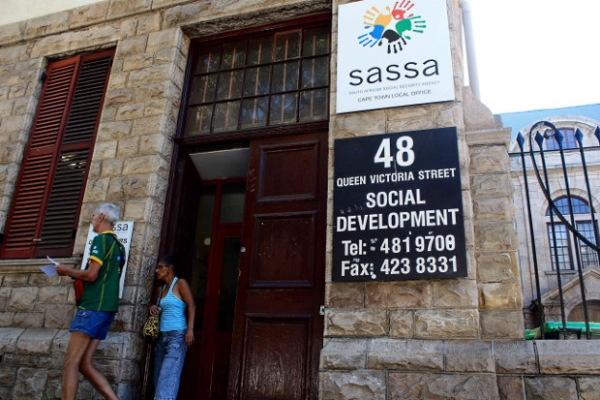Concourt gives Sassa seven months for R10 billion tender

The South African Social Security Agency (Sassa) has been given seven months to award a new contract for the payment of social welfare grants, the Constitutional Court ruled this week.
Human rights advocacy NGO Black Sash, along with the Legal Resources Centre, has welcomed the ruling as a “step in the right direction” to finalising the new tender process.
Sassa signed a five year contract with Cash Paymaster Services (CPS) to facilitate the payment of social welfare grants to millions of beneficiaries countrywide in February 2012.
More than 20 million people logged on the social grants system were required to re-register their personal details when Sassa and the Department of Social Development introduced the biometric payment system.
Allpay Consolidated Investment Holdings (Allpay) challenged the validity of the contract between Sassa and the company facilitating the payments, CPS, in the Constitutional Court in 2013.
The contract, along with the enrolment and payment of recipients’ agreement, signed in 2012 was declared constitutionally invalid. The court ordered Sassa to start a new tender process within 30 days of April 2014.
However, the ruling was suspended to allow the tender process to take place under the supervision of the Constitutional Court. CPS approached the Constitutional Court in the matter called AllPay 2, around Sassa’s new specifications released in their Request for Proposals (RFP) last year.
This resulted in further delays.
CPS has been allowed to continue distributing the grants until a new tender has been awarded.
Black Sash launched their Hands off our Grants campaign in November 2013. Since then, they have logged hundreds of complaints by beneficiaries about illegal deductions for airtime, electricity and water from their Sassa accounts.
Black Sash have attributed the introduction of CPS in 2012 to the overwhelming number of complaints about the illegal transactions received by their partners, the Association for Community Advice Offices in South Africa.
On Wednesday, the Constitutional Court handed down judgement in the matter called AllPay 2; it will also have a supervisory role in the new tender process.
The court ruled that a revised Request for Proposals (RFP) be completed by next Thursday. The closing date for prospective bidders has been set for 17 April with the new tender expected to be awarded by 15 October this year.
The ruling also stated that should any interested parties raise further objections on this process the court will consider the matter with the interests of the beneficiaries in mind.
A draft agreement was signed between those involved, preventing further delays to the tender process.
The new Sassa RFP outlaws electronic fund transfers (EFT), debit and stop order deductions from these bank accounts.
The Black Sash Trust, which was represented by the Legal Resources Centre (LRC), were made Friends of the Court (amicus curiae) in this matter in order to raise their concerns about the illegal deductions.
‘All parties, excluding CPS, indicated concern that delays in the finalisation of the tender process was financially beneficial to CPS, implying that delays to the finalisation of the tender were intentional,’ the LRC said.
LRC attorney Sarah Sephton said, “It’s good that the court will now keep control of the process. This will avoid the matter being dragged out even more.”
Black Sash National Director Lynette Maart said they were glad that the Constitutional Court has acted swiftly in the interests of grant beneficiaries. “We are pleased about the Constitutional Court ruling to finalise and implement the new tender without further delay,” she said.
Next: Sipho Hotstix Mabuse live at the Cape Town Jazz Festival
Previous: How shack extension permits work

This article is licensed under a Creative Commons Attribution-NoDerivatives 4.0 International License.


